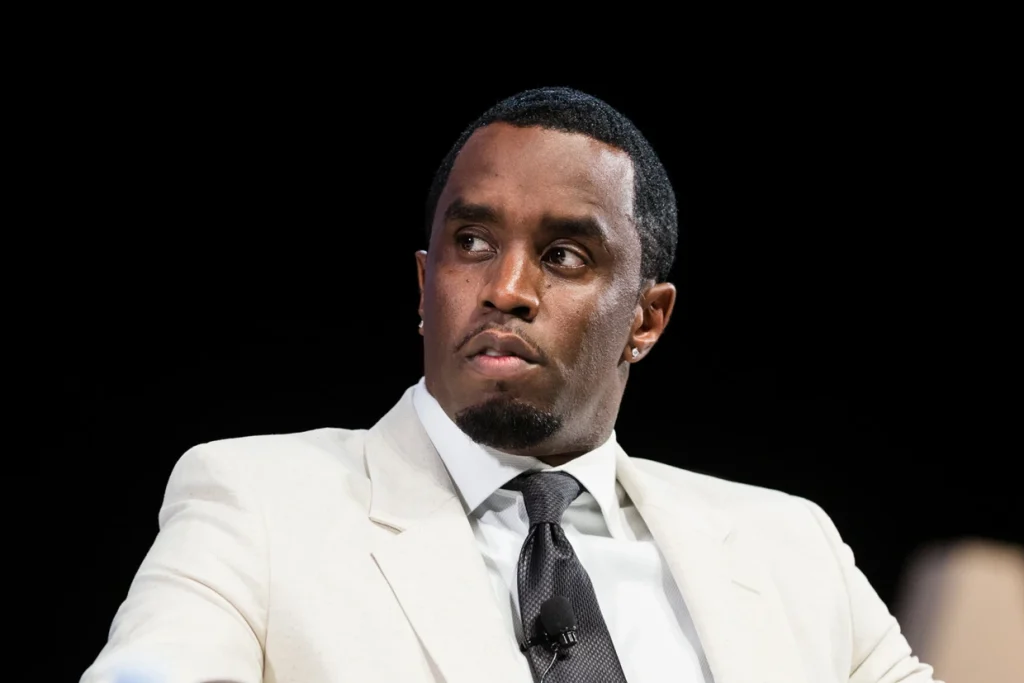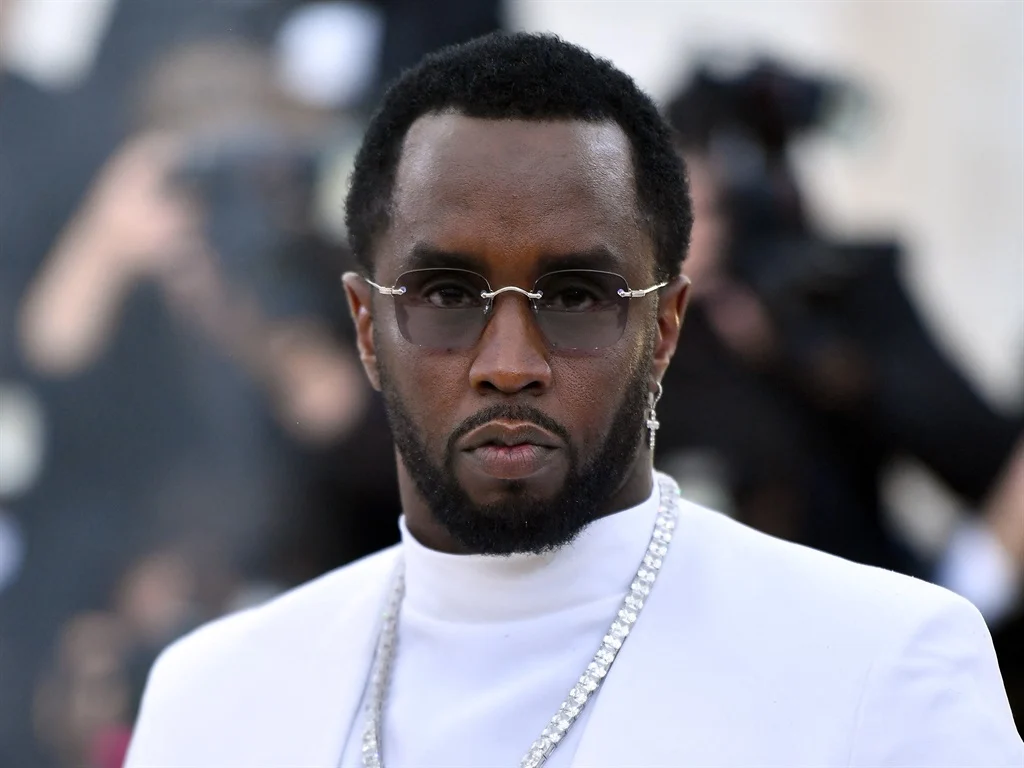Jurors in New York have commenced deliberations to decide whether rapper Sean “Diddy” Combs used his celebrity, wealth, and extensive business empire to orchestrate a decades-long criminal enterprise.
Prosecutors allege this ring involved forcing women into drug-fuelled sexual performances with escorts.
The 55-year-old producer and entrepreneur, once a highly influential figure in the music industry, faces a potential life sentence if convicted on five federal charges, including racketeering, sex trafficking, and transportation for purposes of prostitution. Combs has consistently denied all charges.
Over the past seven weeks, the jury heard testimony from 34 individuals and reviewed evidence, including phone and financial records.
In his final arguments, Combs’s lawyer, Marc Agnifilo, sought to discredit the accusers—particularly two women he dated for years—suggesting they were motivated by money and denying that the musician led any criminal ring. Agnifilo painted Combs as a “self-made, successful Black entrepreneur” whose romantic relationships, though “complicated,” were consensual.
The defence also conceded that Combs had at times physically abused his partners but argued this did not equate to the sex trafficking or racketeering charges.

Conversely, prosecutor Maurene Comey vigorously rebutted the defence, stating that Combs’s team had “contorted the facts endlessly.” Comey told jurors that by the time Combs committed his most severe offences, he believed he was “untouchable.”
She asserted, “The defendant never thought that the women he abused would have the courage to speak out loud about what he had done to them. That ends in this courtroom. The defendant is not a god.”
Central to the prosecution’s case were the testimonies of Casandra Ventura and a woman identified as Jane, both of whom provided detailed, harrowing accounts of abuse, threats, and coerced sexual acts.
Prosecutors contended these women were “manipulated” into “brazen” acts of sex trafficking. While the defence presented phone messages from the women to imply consent, prosecutors countered that these messages did not show the full picture, referencing a forensic psychologist’s testimony on how victims can become ensnared by abusers.
The prosecution’s core argument posits that Combs led a criminal enterprise with senior employees who “existed to serve his needs,” enforcing his power through alleged crimes including forced labour, kidnapping, bribery, witness tampering, and arson.
Agnifilo, however, highlighted that none of these individuals testified against Combs, nor were they named as co-conspirators. Although many witnesses were granted immunity to testify without fear of self-incrimination.
To convict Combs on the racketeering charge, the eight men and four women on the jury must unanimously find that prosecutors proved beyond a reasonable doubt that Combs agreed with individuals within his organisation to commit at least two of the eight crimes constituting the racketeering charge.
The jury must reach a unanimous guilty or not guilty verdict on each count.


 Trending
Trending 